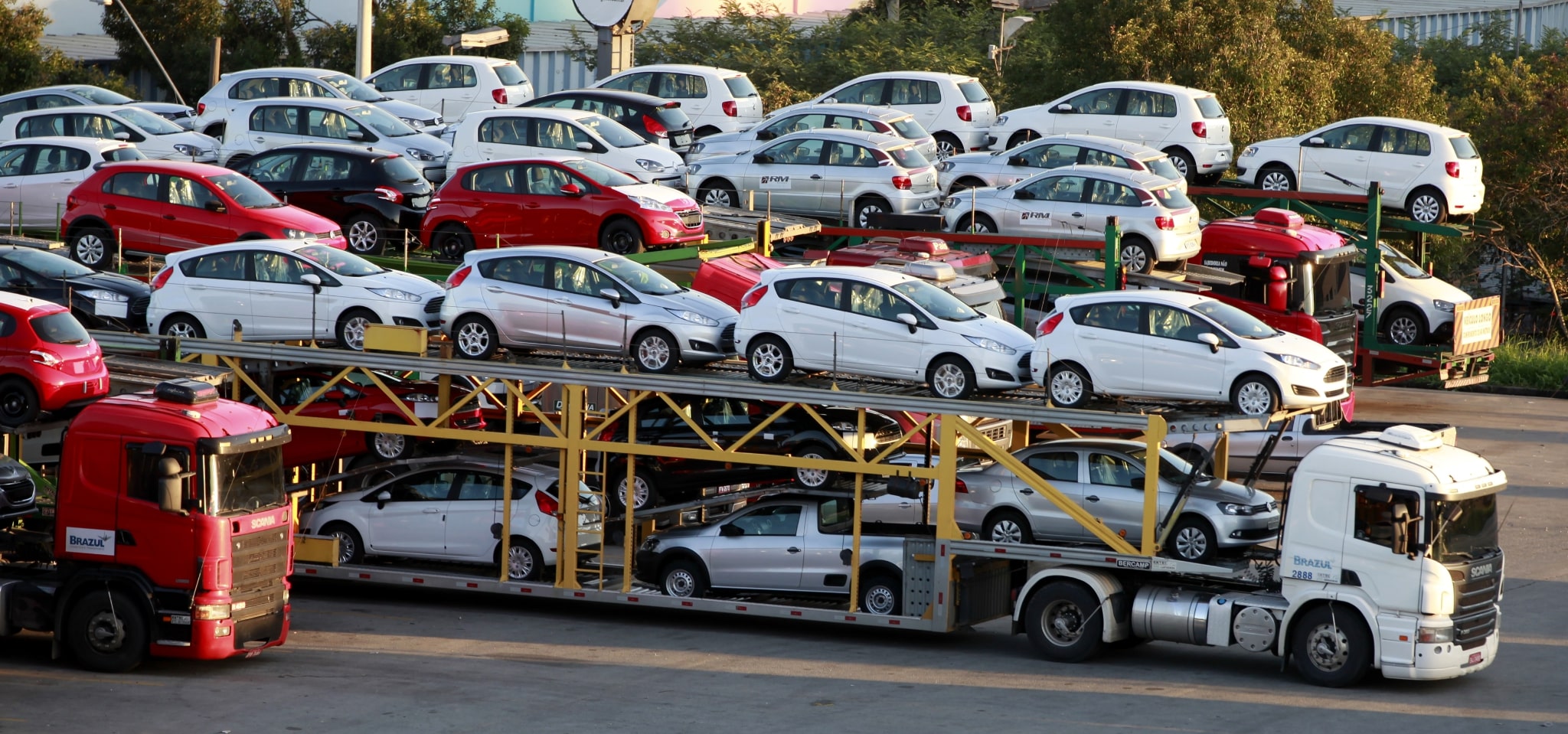
Pakistan and the IMF have agreed to reduce the country’s weighted average tariffs to 6 percent over five years, cutting them nearly in half. This move aims to open up Pakistan’s economy to foreign competition and will make its tariffs the lowest in South Asia, down from 10.6 percent.
This is expected to impact local car prices which will decrease as a result of reduced import and related costs on the auto sector in general. The reduction will begin in July this year.
The tariff reduction will be implemented from July 2025 onwards, with the target of achieving a 6 percent rate by 2030.
The tariff cuts will occur under two policies: the National Tariff Policy, targeting 7.4 percent by 2030, and the Auto Industry Development and Export Policy (AIDEP), which will further reduce tariffs in the automobile sector. Excluding the automobile sector, the tariff will be set at 7.4 percent rather than the previously agreed 7.1 percent.
Excluding changes in the automobile sector, the weighted average tariff will now be set at 7.4 percent, slightly higher than the previously planned 7.1 percent.
Other significant changes include the complete abolition of additional customs duties, an 80 percent reduction in regulatory duties, and the withdrawal of certain concessions under the Customs Act’s fifth schedule.
The new policy will also remove a 7 percent additional customs duty on specific goods and a 2 percent duty on a zero-tariff slab, effective from July this year.
Although the IMF initially sought a reduction to a 5 percent weighted average tariff, the federal government committed to reducing it to 6 percent. The government plans to have the new tariff policy approved by the federal cabinet before the end of June, with full implementation in the 2025-26 budget.
In the automobile sector, all additional customs duties and regulatory duties will be eliminated by 2030, and the maximum tariff for all imports will be capped at 20 percent.
The regulatory duties on vehicles will also be significantly reduced by 55-90 percent in the first year, and further reductions will follow in the years to come.
A new 6 percent customs duty slab will be introduced while existing duties on various slabs will be reduced over the next few years.
About the Author
Written by the expert legal team at Javid Law Associates. Our team specializes in corporate law, tax compliance, and business registration services across Pakistan.
Verified Professional
25+ Years Experience
